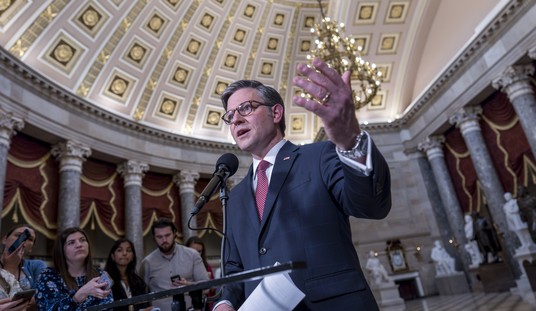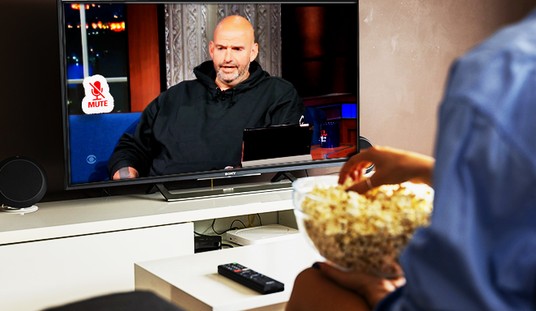It’s no LOLing matter, but another way for California to get your cash IRL. The Public Utility Commission needs to find money to support its programs to provide phone service to the poor, and this time they’re coming after your … text messages?
The California Public Utilities Commission is set to vote next month on a proposal to tax text messages.
State regulators say the money would be used to support programs that provide phone service to the poor.
It’s unclear how much you’d have to pay per message.
This is a serious proposal, and it may well pass, the Mercury News reports. And guess what? California wants to apply it retroactively:
It’s unclear how much individual consumers would be asked to pay their wireless carrier for texting services under the proposal. But it likely would be billed as a flat surcharge per customer — one of those irksome fees at the bottom of your wireless bill — not a fee per text.
Business groups, including the Bay Area Council, California Chamber of Commerce and Silicon Valley Leadership Group and others opposing the idea, calculated the new charges for wireless consumers could total about $44.5 million a year.
But they add that under the regulators’ proposal the charge could be applied retroactively for five years — which they call “an alarming precedent” — and could amount to a bill of more than $220 million for California consumers.
Can they do that? Legally, the answer seems to be yes. In fact it happens more often than you’d think. The constitutional bar on ex post facto laws apply to criminal prosecutions and other punitive actions, not civil actions. Even then, the precedent tends to take a narrower view of what constitutes punishment and what constitutes ex post facto. A lawsuit might end up pushing back against this effort, but the precedent is not terribly cheery — although there are limits:
The definitive case regarding Due Process challenges to retroactive tax application is United States v. Carlton, in which the Court considered whether the retroactive denial of an estate tax deduction violated Due Process.4 To encourage the transfer of stock to company employees, Congress enacted a law that provided an estate tax deduction for an estate’s sale of employer securities to an ESOP. Congress intended the deduction only be available to the estate if the decedent owned the stock on the date of death, but it failed to include explicit language to that effect. Fourteen months after the law was enacted, Congress amended it to add in this requirement and applied it retroactively. The executor in Carlton relied on the pre-amendment law when making a purchase and resale of stock on behalf of the estate (after the decedent’s death). After the estate tax deduction was denied for the sale, the executor challenged the retroactive application of the amended law on Due Process grounds.
The Supreme Court “repeatedly has upheld retroactive tax legislation against a due process challenge”. Indeed, the Supreme Court in Carlton rejected the executor’s Due Process argument and upheld the retroactive application of the tax law based upon a two-part test that emerged from its analysis. The test upholds retroactive tax application if: (1) the legislation has a rational legislative purpose and is not arbitrary; and (2) the period of retroactivity is not excessive. The Court reasoned that Congress meant to correct a mistake that afforded an unjustified tax loophole and applied the revision retroactively for a “modest” period extending back fourteen months, thereby satisfying both prongs of the test.
In another case relevant to retroactive tax legislation, the Court in Estate of Cherne v. United States followed the Carlton test and upheld a retroactive increase in the Federal estate tax rate from 53 percent to 55 percent, finding that the increase was rationally related to the legitimate legislative interest of raising revenue.
This tax change might be different in that it comes from a regulatory agency rather than a legislature, and the five-year period might be considered excessive under the Carlton test. Even if a lawsuit failed, the new tax would likely touch off an angry pushback politically. In the one-party state of California, though, that has as much chance of making a difference as running a Republican does in a US Senate race there.
IOW, get ready to fork over your wallets yet again, Californians. But fear not! The CPUC argues that the surcharges on text services “may be a wash” in the end:
“From a consumer’s point of view, surcharges may be a wash, because if more surcharge revenues come from texting services, less would be needed from voice services,” CPUC spokeswoman Constance Gordon said in a statement.
Less would be needed, maaaayyyybeeee, but would less be taken? Would California whittle back a tax if it took in too much money? YGBKM! Once they get their hands on the new revenue stream, there won’t be any reason to dial down the existing revenue stream. In fact, one has to wonder why they didn’t just increase the voice-service surcharge, a move that would have likely flown under the radar.
This could cause cellular providers a big headache, too. Some customers who rarely if ever text will demand that their plan include an option to decline texting services. Others who do make use of texting services might then switch to WhatsApp or a comparable free platform and shed the cost of those services. What will California do then? OTOMH, and DQMOT, they’ll BBL with something else to tax, and with a BEG. YMMV, of course.
Note: Translations provided here.
Update: Jeff Dunetz says he’s “SMH,” because Californians are SOL. (You may need to look that last one up elsewhere.)








Join the conversation as a VIP Member